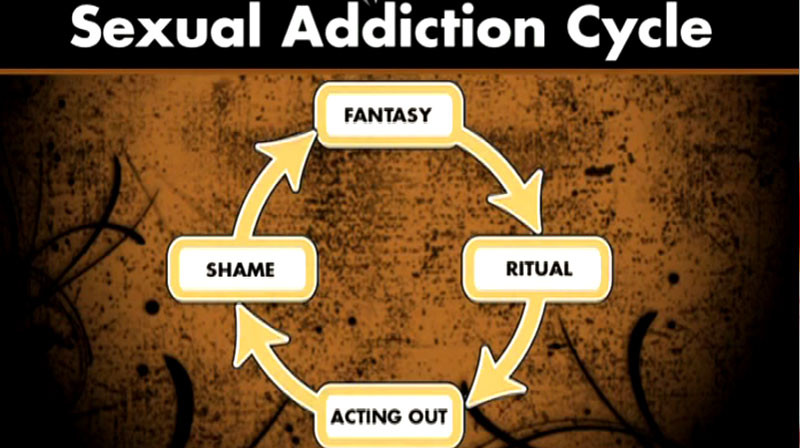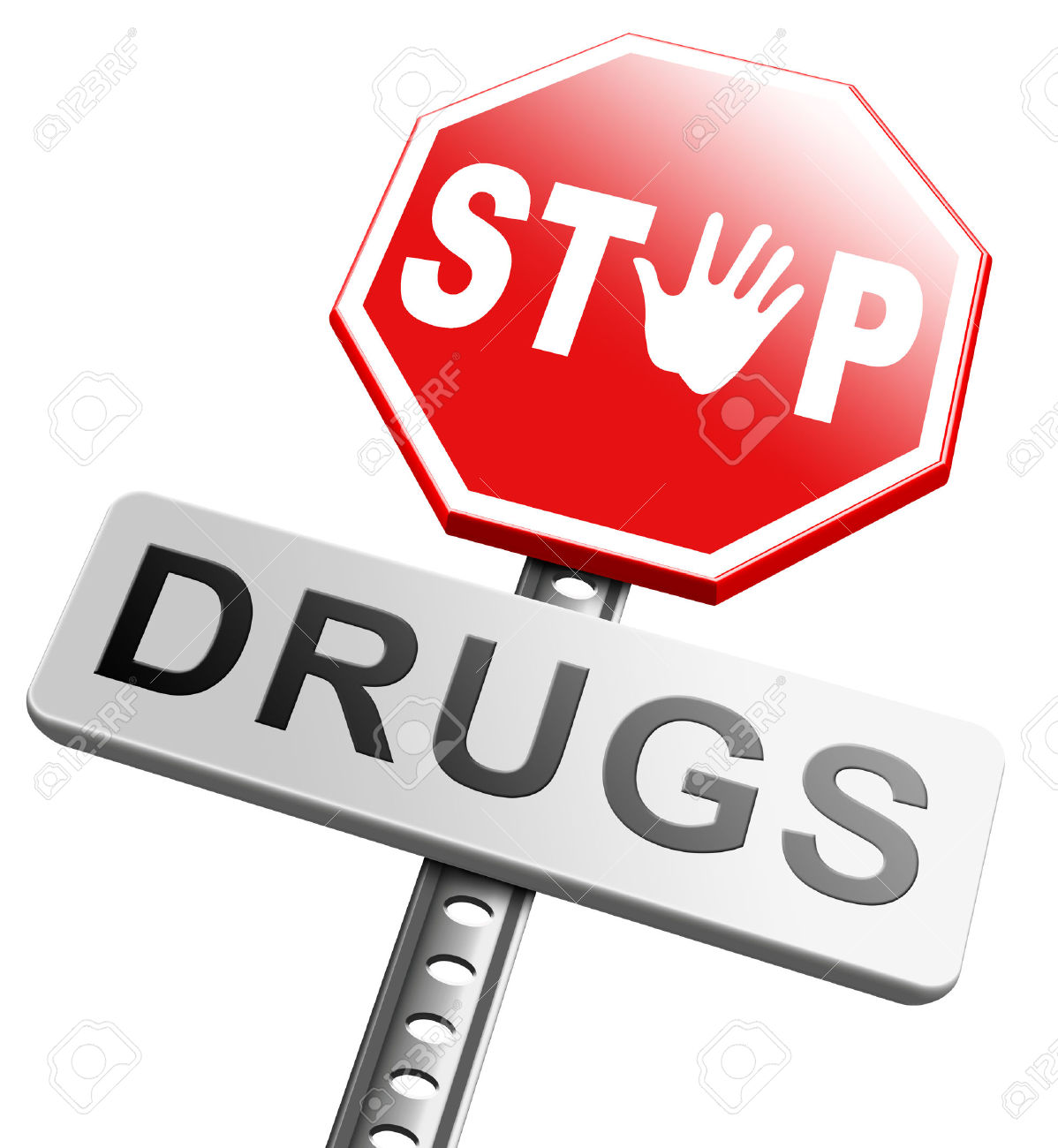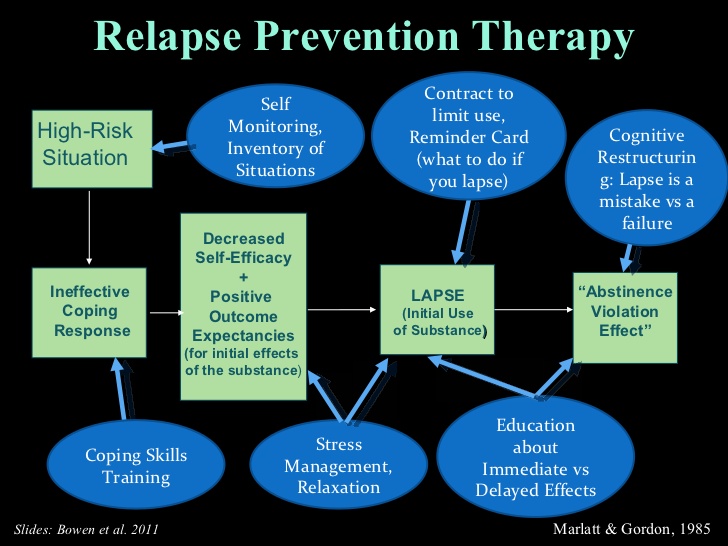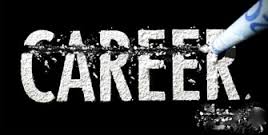Ending denial in addiction sobriety journey

Ending denial in addiction sobriety journey begins with problem acknowledgement
Ending denial in addiction sobriety journey: Tips of keeping sobriety
Ending denial to pave way for the commencement of one’s treatment is always an uphill task for many drug addicts. This is why many addicts find it difficult to make the confession and consent for treatment. However, in all these, it is important to note that recovering from addiction is a process that take time, commitment, motivation and support. You must be very honest with yourself when embarking on this journey of recovery and remembers that doctor Akoury MD an addiction expert and also the founder of AWAREmed Health and Wellness Resource Center will be with you all the way ensuring that you overcome your denial challenges. And once that is achieved you can now begin exploring your treatment options as we are going to find out progressively.
Ending denial in addiction sobriety journey: Exploration of treatment options
Doctor Akoury says that once you’ve made the decision to challenge your drug addiction, then it’s now time to explore your treatment choices. As you consider the options, keep the following in mind:
- There’s no magic bullet or single treatment that works for everyone – When considering a program, remember that everyone’s needs are different. Drug addiction treatment should be customized to your unique problems and situation. It’s important that you find a program that feels right.
- Treatment should address more than just your drug abuse – This is very important because addiction affects your whole life, including relationships, career, health, and psychological well-being. Treatment success depends on developing a new way of living and addressing the reasons why you turned to drugs in the first place. It may have been because of your inability to manage stress, in which case you’ll need to find healthy ways to handle stressful situations.
- Commitment and follow through – Drug addiction treatment is not a quick and easy process. In general, the longer and more intense the drug use, the longer and more intense the treatment you’ll need. But regardless of the treatment program’s length in weeks or months, long-term follow-up care is crucial to recovery.
- There are many places to turn for help – Not everybody requires medically supervised detox or an extended stint in rehab. The level of care you need depends on your age, drug use history, and other medical or psychiatric conditions. In addition to doctors and psychologists, many clergy members, social workers, and counselors offer addiction treatment services.
Finally having made this worthy decision, it is important that even as you seek help for drug addiction treatment, it’s also important to get treatment for any other medical or psychological issues you may be experiencing. If you need professional assistance then calling the experts at AWAREmed Health and Wellness Resource Center should be your starting point because we believe that your best chance of recovery is through integrated treatment for both the substance abuse problem and the mental health problem. This means that we will be able to professionally combined both your mental health and addiction treatment and address them simultaneously and by the time we will be done with you; your life will never be the same.
Ending denial in addiction sobriety journey: Tips of keeping sobriety
http://www.awaremednetwork.com/









